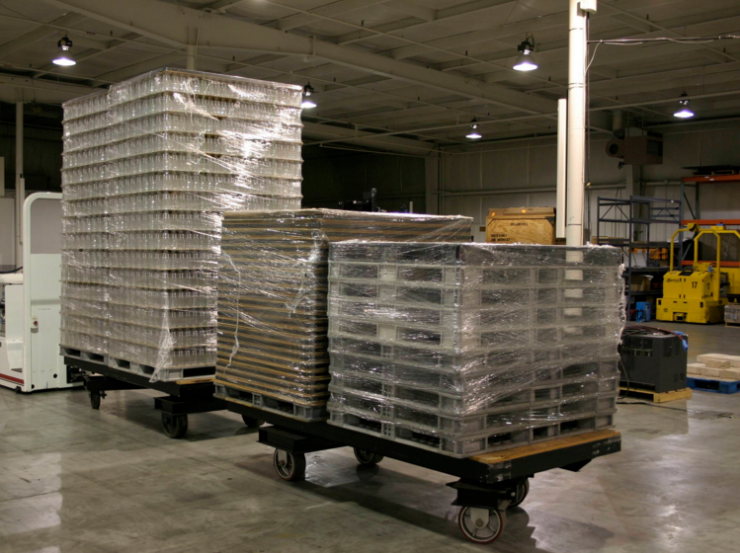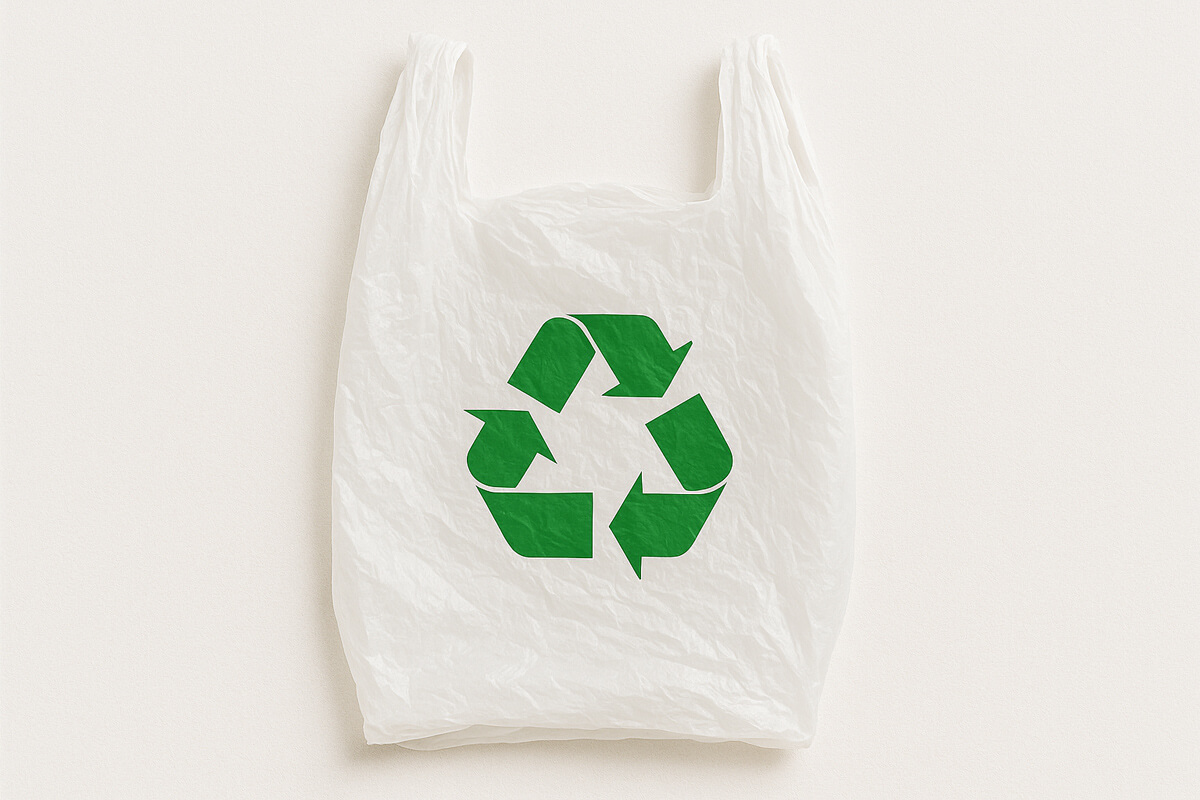Warehousing, storage, and distribution is undoubtedly a demanding industry. First and foremost, you need to do your research and ensure that you’re ready to take on the challenge.
- How much does it cost to get started?
- What are the common concerns of warehouse owners?
- What challenges do they face every day?
If you’re thinking of setting up your own business, the chances are that you’ve already got some experience in a similar sector – but speak to existing warehouse owners and managers for all the advice you can get. Once you’ve made your decision, what do you need to get the business going? This guide will provide a basic overview of what you’ll need to consider.
Clients
For any business starting out, clients are the first consideration. Do you have enough contacts to get your organisation off the ground? Establish interest levels from different markets to make sure your time and monetary investment isn’t in vain.
Embark on marketing activities to improve your connections with potential future clients. This could involve directly approaching your target market, or advertising your services online or in the local publications. Consider who’s likely to be interested in your warehousing services; if it’s retail, establish which type of retail business you’d like as a niche; food, clothes, electrical goods, furniture, or another sector?
Property
It goes without saying that you’ll need a warehouse. Proper consideration should be taken before you acquire a property; issues such as what space you’ll need, how good the access routes are (easy access is essential for distribution!), and what the annual cost of maintaining the property will be. It must be right for you, and it must allow for growth.
Financing your property:
There are a number of options for financing a commercial or industrial property. You can purchase a property for yourself and acquire funding for a mortgage, or you can rent a space – often available at industrial parks in towns and cities across the UK. Renting a space often incurs less risk, which is particularly important during the early stages of your business’ development.
Storage and shelving
Once you’ve found the right property, you need to fill the building with shelving units and the correct storage solutions. This will very much depend on the nature of what you’re working with. If you plan to work in the food and drink industry, refrigerated storage is essential. If it’s smaller electrical goods to be picked and packed, you will need a complex organised shelving system. Establish your niche and build your storage to fit.
Staff
Warehousing is a physically demanding profession. Goods need to be moved safely by a trained team, ensuring that no damage is done to either the product or the workers. Consider the employment situation in the local area – you’ll need a mixture of experience and youthful enthusiasm. Speak to local recruiters and prepare job descriptions for the staff you want to hire. Be realistic with wages and responsible with contracts.
Although you may have designs to eventually be ‘hands-off’ in the long run, be prepared to get heavily involved at the beginning of your venture – the chances are that your team will need you.
Vehicles
If you’re looking to run a successful warehousing business, you’ll need vehicles to transport the goods that you store and distribute. These include forklift trucks, vans, and handheld pallet movers. This is an area in which you’ll need to invest – and you can find good deals on second-hand vehicles at auction houses and online.
Also consider carefully how your vehicles will move in and around your building. Do you have sufficient space to load trucks or park them overnight? How is your access for wide load vehicles?
Insurance and licence
Maintaining compliance with the law is essential for any business. You need the correct licences and insurance to cover health and safety, and meet HMRC or customs tax regulations. You will also need vehicle insurance, plus employers’ liability insurance, property insurance, business interruption insurance, and possibly public liability insurance. There are variations of these, so it’s best to seek the advice of an expert before proceeding.
Polythene UK
Polythene UK offer innovative packaging solutions, designed to save our clients money and save the environment. Our award-winning products have been developed through extensive scientific research, and are proven to reduce carbon footprints and create a greener supply chain.
For more information about what we offer at Polythene UK, call us on 0845 643 1601* or contact us online today.






